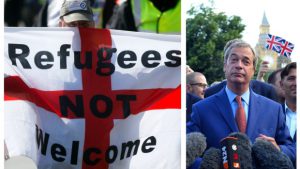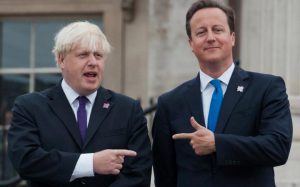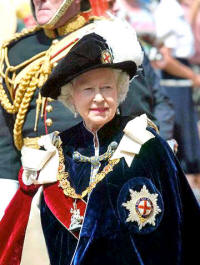
At the time of the referendum on the UK’s membership of the EU, I was in Spain at the annual meeting of the International Society for Psychoanalytic Study of Organisations. A gathering of people from across the world who are used to exploring unconscious processes was a rich context in which to explore what was going on under the surface.
By coincidence, on polling day one conference session was intended to focus on ethical dilemmas. We were shown short films on two famous psychological experiments, the Milgram experiment and the Stanford experiment which are controversial both because people were harmed, and because they shed light on how civilised people can come to behave badly. They have been used to understand what happened in the concentration camps, but are much more widely applicable than that.
The ensuing discussion seemed a little dry, as if there was something important which was being avoided. I took the microphone and made a link with some of the violence of the referendum: the murder of Jo Cox, an incident in a supermarket where someone I had seen earlier in a Vote Leave stall was shouting at a cashier planning to vote Remain, and some very aggressive comments from Leave supporters in door-knocking in the campaign. This is not to accuse Vote Leave of orchestrating violence, but it suggests something was being mobilised (which has become more obvious since then). I commented on the dark streak in Europe: along with our capacity to be civilised, there is a capacity to behave in very destructive ways. I expressed my fear that this was close to the surface in the referendum and struggled with tears as I commented on the way the EU has been set up to contain that destructive streak in the European psyche, and the fears evoked by some in the UK wanting to pull away from that. I was met with a round of applause.


